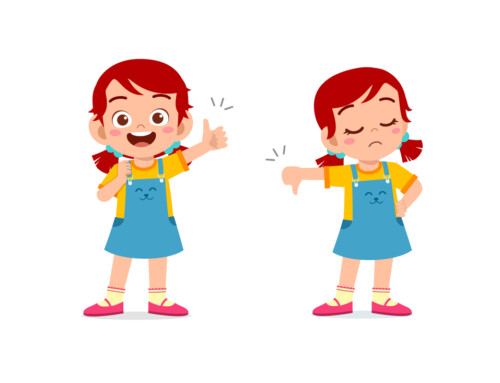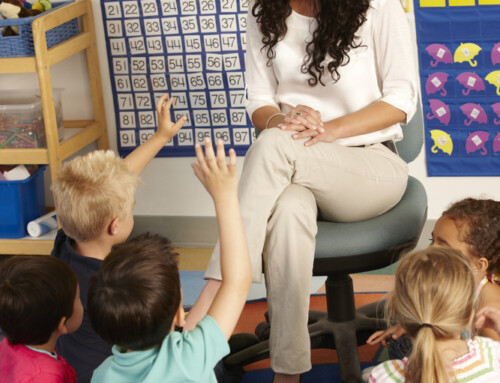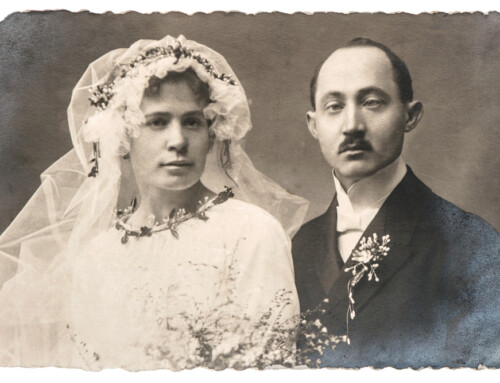{4 minutes to read} Having different religions can cause difficulties within a marriage, but what happens when it causes problems after the marriage is over?
Kate and David came from similar backgrounds, grew up with similar values, and married right out of college. It seemed that the main difference between them was that they were of different religions. This, they said, would never become an issue because neither of them was very observant. They would celebrate each other’s holidays as a way to expose the children to both religions. The children could choose whatever they wanted when they grew up.
I met Kate and David eight years into their marriage when they came into my office to work out the terms of their divorce through mediation. They agreed to a 50/50 parenting schedule. They would alternate weeks having the children, and each of them would have the children on the holidays that they celebrated. It worked out well. Kate had the Christian holidays and David had the Jewish holidays. They were also quite amicable in the way they handled all the other aspects of their divorce.
A couple of years later, a conflict brought them back to see me: Kate was taking the children to church on her Sundays and insisted that they also go to church on David’s Sundays. If David did not want to take them, she would pick them up and drop them back off at his home after church. She also wanted them to attend catechism classes and prepare for their communion.
What happened? This was not the plan they had made together. All of a sudden, once divorced, Kate becomes religious.
They discussed the issue at length. David was not necessarily opposed to the children having a religious education, but he was not comfortable with a religion other than his own. He feared that the children were going to move away from him as they were being pulled into their mother’s beliefs. Kate wanted the children to have a sense of “belonging” and since David was not a practicing Jew, and she was now a practicing Christian, she could be more involved in this part of their education.
In mediation, Kate and David discussed several options and agreed not to close any doors. They also agreed that for the time being:
- The children would only go to church on their mother’s weekends.
- They would meet together and get advice both from Kate’s parish priest as well as from David’s family rabbi.
- They also considered speaking with a religious officiant who had experience with interfaith families.
After the initial shock had worn off a little, David was open to talking calmly with Kate, and Kate was agreeable to getting advice on how to best handle the situation so that the children would remain close and respectful of both parents, no matter their religious beliefs.
It is not unusual for some people to turn to their church when they are faced with a major crisis in their lives. Divorce, of course, is one of them, and in situations such as the one described here, if not handled well, it could cause a lot of acrimony between parents, and stress for the children who are caught in the middle.
If you or someone you know needs help with discussing such difficult issues, before, during, or after a divorce, mediation offers a safe place to do so. Feel free to reach out to me.
Jennifer Safian
divorce and family mediation
upper east side of manhattan (nyc)
new york, ny
(917) 881 5206
jpsafian@gmail.com
Latest posts by Jennifer Safian (see all)
- coping with divorce guilt - April 17, 2024
- does not reaching an agreement mean the mediation process failed? - March 27, 2024
- should I tell my children’s school that we are getting a divorce? - March 13, 2024






Leave A Comment